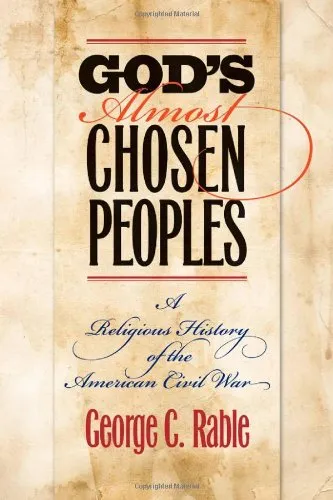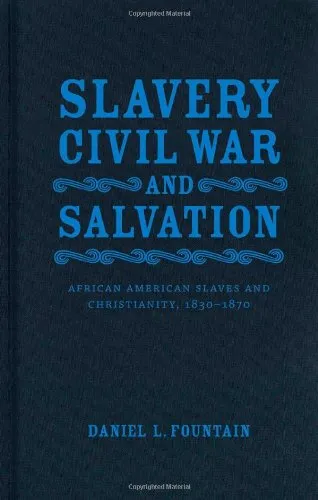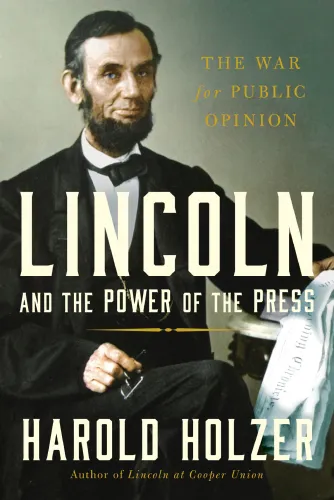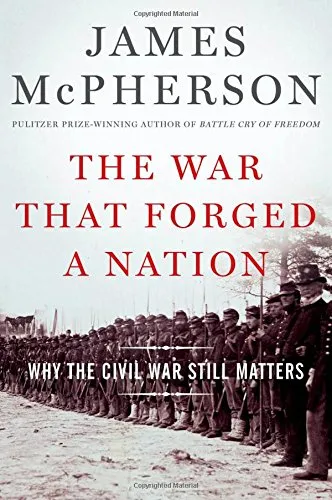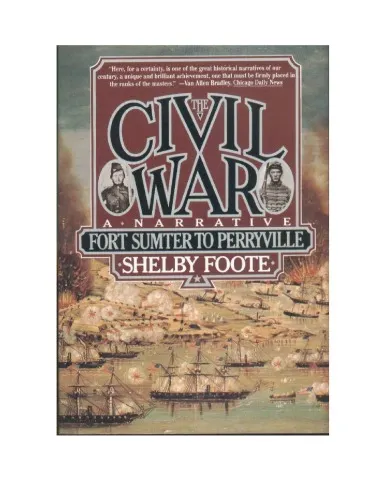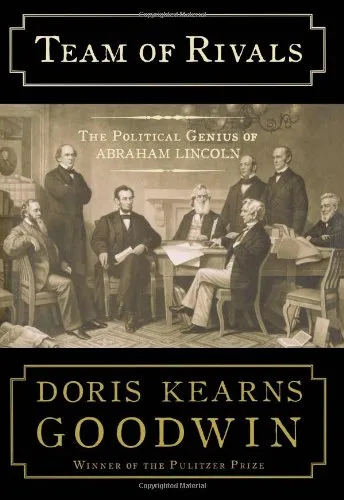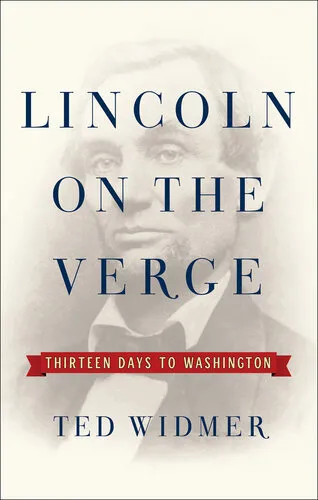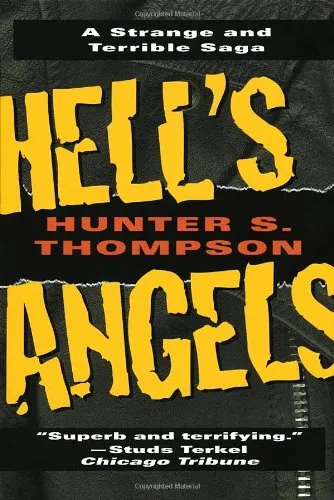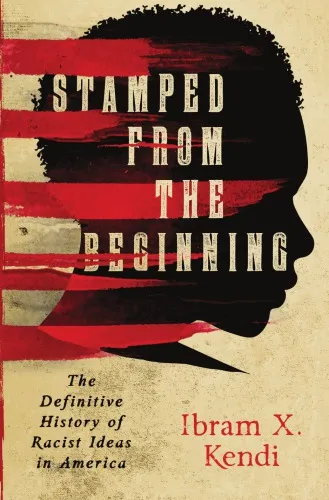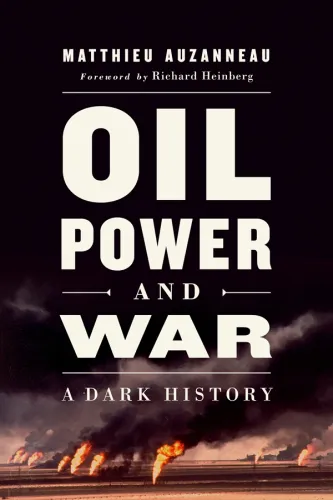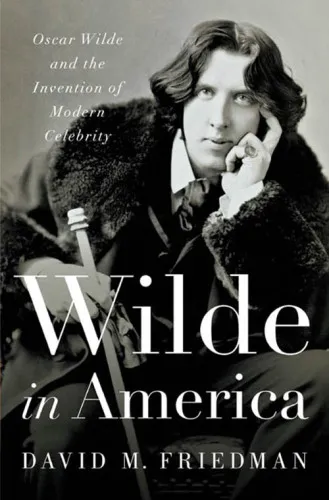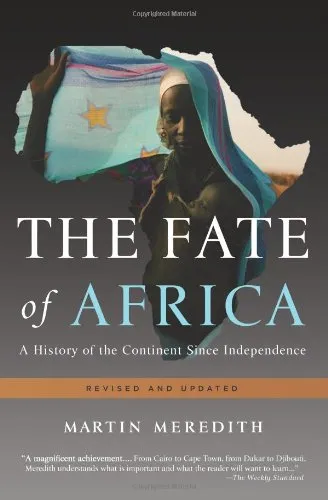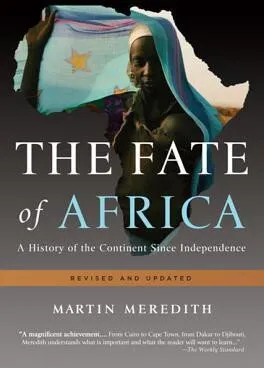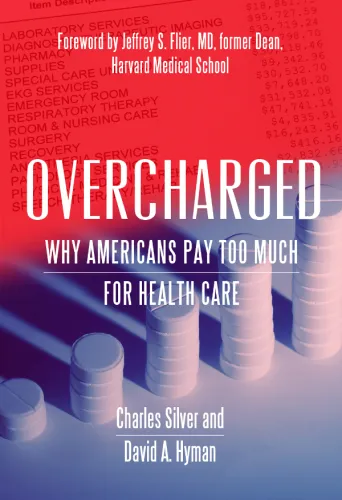God’s Almost Chosen Peoples: A Religious History of American Civil War . George C. Rable (The Littlefield History of the Civil War Era)
4.7
Reviews from our users

You Can Ask your questions from this book's AI after Login
Each download or ask from book AI costs 2 points. To earn more free points, please visit the Points Guide Page and complete some valuable actions.Related Refrences:
Introduction to "God’s Almost Chosen Peoples: A Religious History of the American Civil War"
"God’s Almost Chosen Peoples: A Religious History of the American Civil War" by George C. Rable explores one of the most tumultuous periods in American history through the lens of religion. This seminal work is part of The Littlefield History of the Civil War Era, a series that provides comprehensive insights into the social, political, and cultural dimensions of the Civil War. Rable's narrative sheds light on how religion influenced perceptions, justified actions, and provided consolation amidst the chaos and devastation of war.
Detailed Summary of the Book
In "God’s Almost Chosen Peoples," George C. Rable delves into the role of religion during the Civil War, suggesting that it was as crucial to the war effort and its outcomes as any political or military strategy. Rable meticulously uncovers how both Union and Confederate sides believed that God was on their side, interpreting victories and defeats as manifestations of divine will. The book examines sermons, writings, and letters from pastors, politicians, soldiers, and ordinary citizens to present a comprehensive picture of the period's religious fervor.
The book is not only a historical account but also a study of how religious beliefs shaped social norms and political policies. Rable details how different denominations viewed slavery, justified the war, and dealt with the moral dilemmas posed by such a tragedy. He also discusses the role of chaplains and the impact of religious revivals within the armies. Through a rich tapestry of individual stories and broad thematic analysis, the book captures the complex interplay between faith and war.
Key Takeaways
- Religion was a central factor in shaping the ideologies and experiences of those who lived through the Civil War.
- The belief in divine providence was a common thread for both the Union and the Confederacy, although each side had vastly different interpretations of God’s will.
- Religious institutions and leaders played critical roles in mobilizing public opinion and maintaining morale during the war.
- The war prompted significant theological debates and increased religious diversity and division in American society.
Famous Quotes from the Book
"The Civil War was a moment of divine testing on a national scale, of old religious boundaries broken and new ones erected."
"For many Americans, the war became a proving ground of faith and a moment of profound spiritual transformation."
Why This Book Matters
"God’s Almost Chosen Peoples" is an essential read for understanding the American Civil War beyond its military and political dimensions. Rable’s analysis shows that the war cannot be fully comprehended without acknowledging the profound impact religion had on individuals and society as a whole. It offers invaluable insights for historians, scholars of religion, and anyone interested in the cultural underpinnings of conflict. By highlighting the moral and theological complexities of the era, this book enriches our understanding of America’s past and its ongoing struggles with faith and identity.
Rable's work is crucial for appreciating the narratives that shaped the nation’s consciousness and continue to resonate today. His compelling writing and comprehensive research make "God’s Almost Chosen Peoples" not only an academic contribution but also an engaging narrative, revealing the significant—and often overlooked—role of religion in shaping historical events.
Free Direct Download
You Can Download this book after Login
Accessing books through legal platforms and public libraries not only supports the rights of authors and publishers but also contributes to the sustainability of reading culture. Before downloading, please take a moment to consider these options.
Find this book on other platforms:
WorldCat helps you find books in libraries worldwide.
See ratings, reviews, and discussions on Goodreads.
Find and buy rare or used books on AbeBooks.
1331
بازدید4.7
امتیاز0
نظر98%
رضایتReviews:
4.7
Based on 0 users review
Questions & Answers
Ask questions about this book or help others by answering
No questions yet. Be the first to ask!
